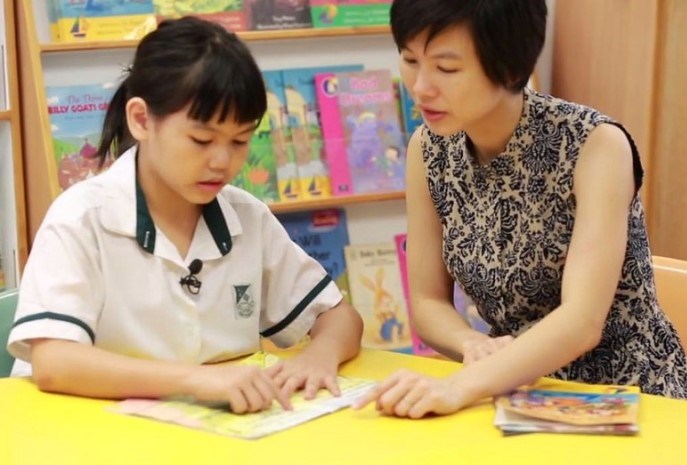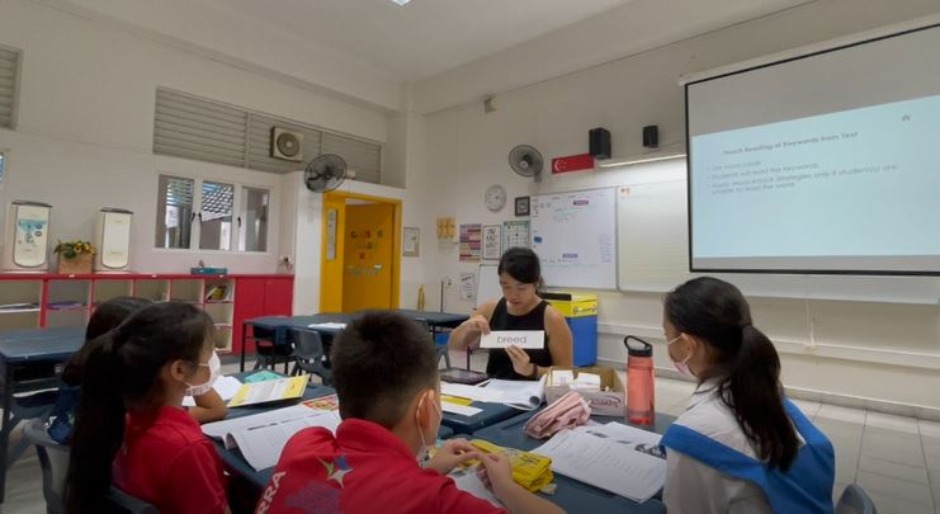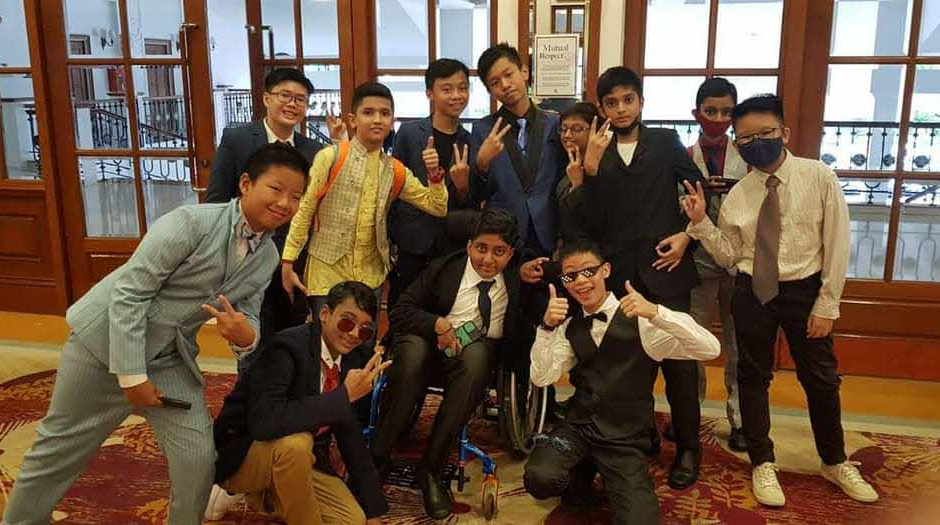Activities to Help Your Child with Literacy
12 Jul 2016

Children with dyslexia have difficulties in reading and/or spelling, recalling the names of letters, and recognising words. Parents can help children by doing literacy activities with them at home. Just 20 to 30 minutes each day can make a difference.
Children learn best in a relaxed environment, so set realistic expectations and recognise signs of stress and anxiety. Children also differ in how they learn and may not respond to all the activities. Try them out to see which works best for your child.
Reading and Spelling Activities
Developing good vocabulary will help your child communicate effectively and understand what he/she reads. Children with dyslexia require additional help to build their vocabulary.
- Be patient. Feeling frustrated is understandable, but being impatient will cause your child to be more anxious. Give your child sufficient time when he/she is trying to read or spell an unfamiliar word.
- Make reading and spelling enjoyable. Avoid focusing on correcting errors and repeated testing as this may dampen your child’s interest. Instead, focus on the story and show an interest by discussing the plot, characters and themes. For more information, refer to the Joy of Reading – The Primary School Years.
- Avoid using threats. Threats (e.g. “If you can’t read this, you will not get to go to the playground later.”) will discourage your child from participating in reading activities.
- Praise your child for reading. Children with dyslexia may feel anxious or upset when they are unable to read. Praising your child frequently can help to enhance self-esteem and encourage good reading behaviours. Remember to praise their effort (e.g. determination to read difficult words), and not only a correct response. Avoid expressions like “so clever” as they focus on ability rather than effort. A smile, pat on the back and eye contact are great non-verbal gestures as well.
Here are some reading and spelling activities that you can do with your child:
- Reading Activity 1: Reading Sight Words
- Reading Activity 2: One-minute Dash
- Reading Activity 3: Paired Reading
- Reading Activity 4: Comprehension – Before-During-After Reading
- Spelling Activity 1: Simultaneous Oral Spelling
Vocabulary Activities
Developing good vocabulary will help your child communicate effectively and understand what he/she reads. Children with dyslexia require additional help to build their vocabulary.
- Teach words in context. Learning a word in context (e.g. within a text) can help your child to better understand and remember its meaning and how to use it. It can also help your child understand how to use clues in a story to guess the meaning of unfamiliar words in future.
- Seize learning moments. Daily life activities, such as grocery shopping trips and walks in the park, present many opportunities for your child to expand his/her vocabulary. Learning a new word this way helps your child to appreciate its relevance to life, and helps him/her better understand its meaning by tying it in with real-world experiences.
- Make learning of new words fun. Try using enjoyable educational games, apps and other internet resources.
Practice vocabulary with your child using these activities:
Helping Your Child with Homework
Homework helps your child to revise, apply and practise the skills and concepts learnt in class. However, children with dyslexia may struggle to complete it because of difficulties with reading and/or spelling.
Children with dyslexia also sometimes struggle with organisation, so it is important to encourage good organisational habits. Before starting on homework, remind your child to:
- Check that he/she has all the writing materials
- Check the information written in his/her school diary
- Prioritise homework that should be completed first
- Think about how he/she should complete the task
If your child encounters difficulty with a task:
- Ask him/her to re-read the instructions. If needed, guide him/her to read difficult words (e.g. refer to pictures to help him/her with meaning, get him/her to sound out the letters in the word).
- Read or spell the word for your child if he/she takes too long, or shows signs of frustration.
- Check that he/she understands the task by asking him/her to explain it to you.
- Guide your child to search for answers to questions (e.g. on the Internet, in books) instead of providing them to him/her.
Before concluding homework time, encourage your child to check his/her work and ensure that all the words are spelt correctly.
Dyslexia is a learning disability, but with our encouragement and patient help, our children can overcome the challenges and realise their potential.
Find out more about how you can support your child with dyslexia at home.




.jpg)
